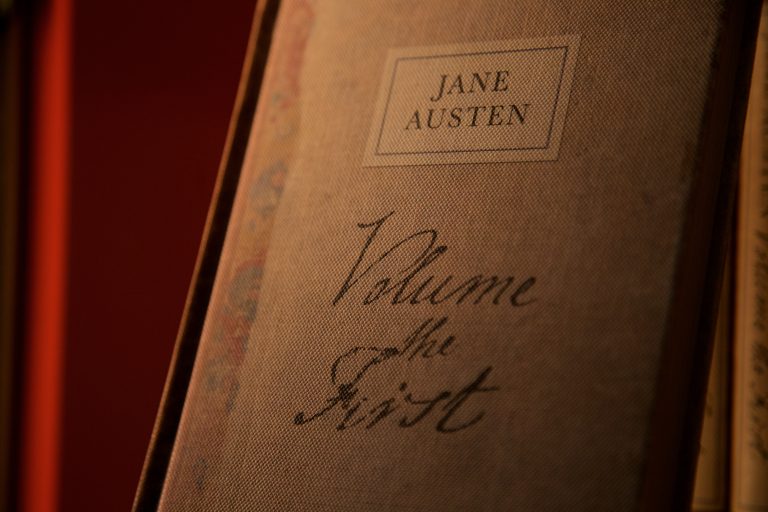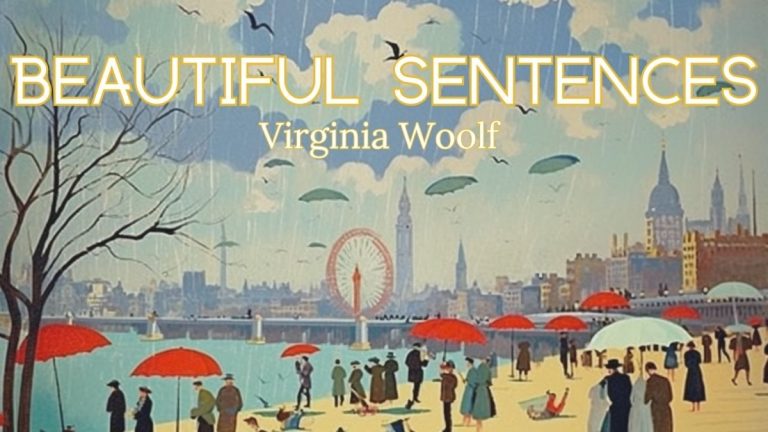Deliberate Practice for Authors: Justine by Lawrence Durrell

The sea is high again today, with a thrilling flush of wind. In the midst of winter you can feel the inventions of spring. A sky of hot nude pearl until midday, crickets in sheltered places, and now the wind unpacking the great planes, ransacking great planes…
I have escaped to this island with a few books and the child — Melissa’s child. I do not know why I use the word ‘escape’. The villagers say jokingly that only a sick man would choose such a remote place to build. Well, then, I have come here to heal myself, if you like to put it that way…
Deliberate Practice for Authors: Justine by Lawrence Durrell. In this post we take a brief look at the opening of his novel Justine, and consider why it is effective and what I learned from it. I don’t like to presume you will learn anything, though you might.
Sentence Structure
Here is a link to my annotation scheme.
[___ , ( )]
[( ) ___ ]
[ ( ) , ( ) , = ( ), ( ) ]…
[___ ( = ) — ( )].
[___].
[___( ) > ( )].
[( ), ___, (^ )]
We see that he rarely writes a bare sentence. Most of them have additional clauses at the end of the beginning. They do not seem to have been written as periodic sentences, with sub clauses at the beginning and main clause at the very end. A periodic sentence generates tension until the end when we find out what it’s about.
Nor is Durrell writing cumulative sentences though 1, 3 and 6 approximate to them. A cumulative sentence gives the impression of an orderly unpacking of thought and can create a pleasant almost echoing rhythm with a string of clauses at the end.
It does not appear that Durrell is using much artifice at all in his writing. He uses the word “wind” twice, not as a rhetorical device, but almost carelessly.
He seems to be a Romantic rather than a Crafter. That’s fine; it’s still a nice piece of writing that conjures a lovely scene, and makes us curious about the situation.
Sentence Length
[*******, ******.]
[************.]
[********, ****, ********,***…]
[***************–**.]
[**********].
[******************].
[*,*,*******,********]
The sentences are very similar in length. Durrell does not appear to be deliberately varying their length for prosodic effect.
Literary & Rhetorical Devices
Aphorism: In the midst of winter you can feel the inventions of spring.
Aphorisms sound true and lend gravity and authority to the author. They may not be true. They may be nonsense. Still, they lend gravity.
Epistrophe
unpacking the great planes, ransacking great planes…
With a rhyme ‘unpacking’ ‘ransacking’ thrown in.
Prolepsis
I have escaped. But who am I? He gives us a pronoun before the noun is properly introduced, withholding information and creating mystery and interest.
Enargia
Bringing in the sense: vision mainly, though the ghost of the sound of the wind is present.
Sentence Fragments.
None of the four clauses have a main verb.
A sky of hot nude pearl until midday, crickets in sheltered places, and now the wind unpacking the great planes, ransacking great planes…
End with an ellipsis … . As if petering out, as if there might have been a main verb, but the writer got too wistful to write it. It makes you think there are things unsaid, that might be said in future. It piques curiosity.
What Have I Learned?
For me the beauty in this short piece of writing does not lie its sentence construction. Nor does it lie primarily in its sound: There is some beauty in the slight rhetorical use of repetition, to be sure, but the most engaging beauty is in the enargia.
Durrell uses sensory description to conjure a place, and with a place, inevitably, a mood– somewhat wistful with melancholy remembrance of something lost, ad fragments being recovered in an attempt at reconstruction.
The beauty is also in the prolepsis: that mystery and curiosity generated by the use of a pronoun without a proper introduction to the man.
The allusions to a fractured past are well done too. Tolkein creates a whole world like this in his Lord of the Rings. Tolkein creates impressions of depth and resonance by hinting at a back history which appears rich but he does not reveal.
Durrell does this here.
Who is Melissa? Who is her child? Why has he ‘escaped’? Why does he need to heal?
In this short introductory passage Durrell raises four questions begging to be answered.
We readers are prepared to stay with the writer until he satisfies our curiosity, or we become disappointed and leave anyway.




